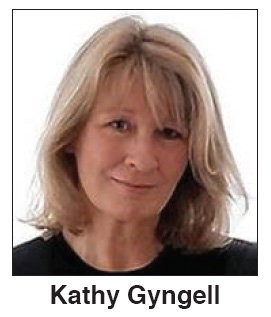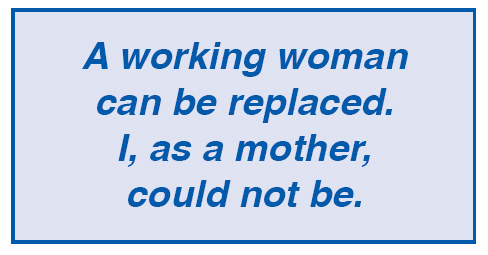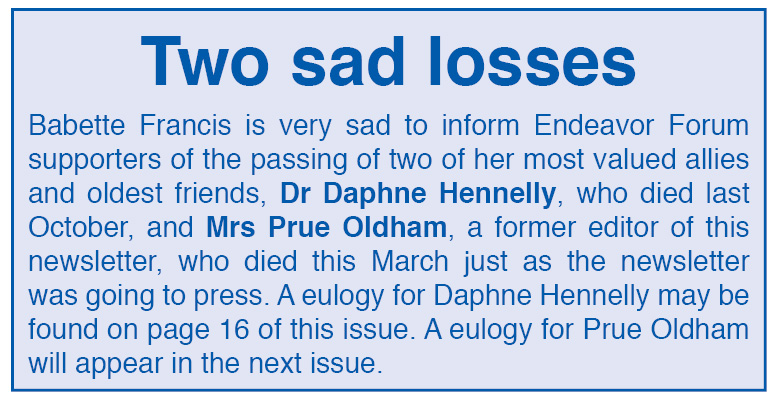A thirty-year battle for mothers
by Kathy Gyngell, editor of TCW Defending Freedom (UK), an online journal
Sometimes lonely, often hard work, always challenging but never, ever, boring. That was my experience of the full-time motherhood that I opted for one year after the birth of my first baby and from then on. Leaving my baby every day to go to work had simply proved too painful. I gave in, my baby won, and thank God he did! This was over 30 years ago when, with the zeal of a convert from working mother feminist to new maternal consciousness (by that I mean the revelation of babies' unique need for their mothers), I decided the world needed telling my news too.
By that stage I had found and read John Bowlby's Attachment and Loss trilogy. It had a profound effect on me and made sense of the battle that had raged in me and the anxiety I felt before I gave up on work. It explained it to me as the necessary biological imperative it is; one that women should not deny, for their children's wellbeing and for the sake of each new generation. It explained my guilt, not as irrational but as a protective reflex for the baby.
No wonder that organised outsourcing of baby and infant care, all for the sake of female equality, was bound to be fraught. My heart and mind told me that Bowlby was right. It was insensitive, unintelligent, bad for baby and bad for me. And, as I learned over time, bad for families too. Motherhood was not an inferior role — it was the prior one. A working woman can be replaced. I, as a mother, could not be.
I have always been a contrarian. The more I was told that babies were fine in day-care (thanks, Patricia Morgan, for enlightening me to the facts), the more I grasped the ideological nature of feminism's war against maternity (modern women do actually have significant choice), its deliberate denial and relegation of motherhood, the crosser I got. The more I was asked what do I "really" do when I said I was a mother, the more betrayed I felt. For nothing I'd done before compared for me with the role and responsibility of bringing up my babies.
So I persuaded the UK's Daily Mail to publish an article
from me on the subject. Headed "Why must we treat mothers as
second-class citizens?" it was an account of my decision to give
up my job as a TV editor to look after my baby myself. In it I
accused the women's movement — as I still do — of influencing
women to avoid motherhood altogether and blinding them to our uniquely feminine drives and to maternal fulfilment. It touched
a nerve. A huge (physically) postbag was delivered to my front
door a week later by the paper. I still have the letters in an ageing
file at the back of a cupboard. They were heartrending.
uniquely feminine drives and to maternal fulfilment. It touched
a nerve. A huge (physically) postbag was delivered to my front
door a week later by the paper. I still have the letters in an ageing
file at the back of a cupboard. They were heartrending.
One mum after another wrote of the pain, wretchedness and heartache they felt at going back to work, how they hated leaving babies in "stranger" day-care when they knew they were too young but how they had no choice financially. They told of the baby rooms that instinctively horrified them. They were angry, too, that feminists had failed to give to motherhood the status it deserved.
I wrote back to as many of them who gave addresses. Would they like to join a Full-Time Mothers' group? On the back of this nascent membership and with likeminded women introduced to me as a result of the article – Anna Lines, Ruth Liley, the late Frances Savin — and with the backing and moral support of Rachel (now Lady) Griffiths, the late Valerie Riches and sociologist Patricia Morgan, we founded Full-Time Mothers, later of course to be renamed Mothers At Home Matter (MAHM).
Its survival is a tribute to the many mothers who've come on board in the intervening years. Today you are more important than ever. With more mothers with children under four in full-time work than ever before, our understanding of babies' and children's needs is threatened. Working mothers are, understandably, defensive about criticism. The social and financial pressure to return to work early has intensified and is huge. Real choice has diminished.
Sympathy from female MPs for financial recognition of the mother's home role or for her right to choose how to spend her childcare credit is non-existent. Their solution to having children is, at best, family-friendly work practices or paternity leave. At worst, more round-the-clock child care provision and subsidy. Never autonomy for the mother. We are no nearer to making our elected representatives understand than when I wrote to every female MP 30 years ago.
Yet mothers at home have never mattered more. Children need
them. We need to keep relentlessly fighting for the cause. We
know most working mothers would rather work less or not at all. We know they want more time for their families; we know there
is no solution to working mother stress. We know that babies are
not born to be herded; we know they suffer separation anxiety
and even maternal deprivation if they are put too early or for too
many hours into day-care. We know this has consequences for
their development.
We know they want more time for their families; we know there
is no solution to working mother stress. We know that babies are
not born to be herded; we know they suffer separation anxiety
and even maternal deprivation if they are put too early or for too
many hours into day-care. We know this has consequences for
their development.
No one is asking for women to be tied to the kitchen sink for ever. Women's adult life-spans are long. Childhood by contrast is short but critical. Once gone it cannot be retrieved. Our working lives can be.
Kathy Gyngell is editor of TCW Defending Freedom (UK),
in which this article first appeared. She studied at
Cambridge and Oxford, and is a writer, broadcaster and
formerly a TV features editor. In 1993, she founded the
organisation Full Time Mothers, now called Mothers At
Home Matter (MAHM).
![]()
